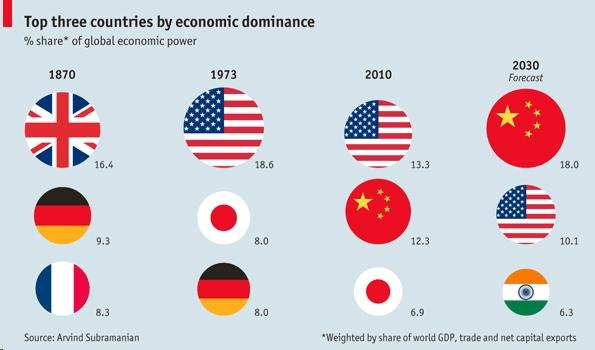An explosion at a French nuclear waste processing plant that killed one person and injured four others sparked fears of a radioactive leak on Monday.
An emergency safety cordon was thrown around the Marcoule nuclear site near Nimes in the south of France immediately after a furnace used to melt nuclear waste exploded and caused a fire. It was lifted later in the day after France's nuclear safety agency, the Autorité de Sûreté Nucléaire (ASN), said there was no danger to the public.
Reports said the body of one male worker at the plant had been "found carbonised", but there was no evidence that the explosion had caused any radioactive leak, though the ASN admitted there was the "possibility of a leak of low-level radioactivity, but no shooting of radioactivity in the air". There was no information as to the cause of the explosion.
The accident came just a week after the French president, Nicolas Sarkozy, bucked the anti-nuclear trend following Japan's Fukushima disaster and pledged €1bn (£860m) of new investment in atomic power.







Recent Comments